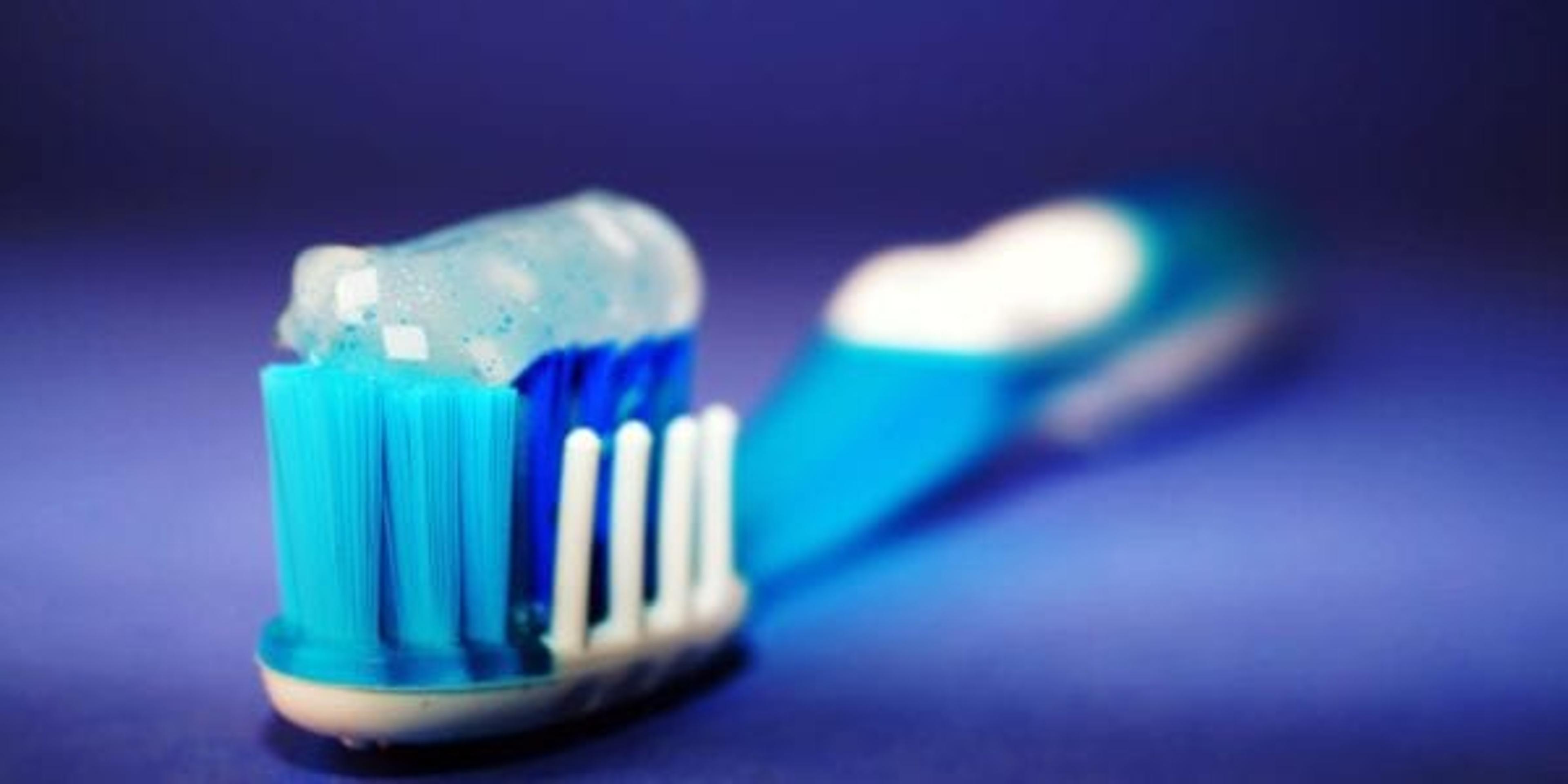Dental Health: How Fluoride Works

Elise LaPointe
| 3 min read

As much as we may groan about going to the dentist, our oral health is an important component of our overall health.
You’ve likely heard of fluoride sitting in the dentist’s chair, but do you actually know what it is and how it works? We’re breaking it down, right here.
Fluoride is a mineral found naturally in human bones and teeth, soil, plants, rocks and the air. Toothpaste, mouth wash and other supplements are fortified with fluoride, too. It exists naturally in almost all water sources and is also added to the public water supply through a process called water fluoridation to increase the consumption of fluoride. Before water fluoridation became the standard, cavities were three times as likely in children than they are now. Tooth decay has also been reduced by 40 to 60 percent overall since the implementation of water fluoridation.
Now that we know what fluoride is, how can it be beneficial to dental health?
Fluoride is a dental powerhouse. It can strengthen weakened tooth enamel, slow down the loss of enamel, reverse early signs of tooth decay and prevent the growth of bacteria that can cause a list of issues including cavities. It can also prevent tooth decay before it’s even visible.
When you’re a baby, the fluoride in foods and beverages help to build a strong enamel under the surface of the gums. Once teeth are fully grown, the fluoride in food, beverages and dental products help to keep enamel strong through a process called remineralization. Remineralization ensures the minerals deposited back into teeth are harder than normal, which can prevent demineralization in the future. Demineralization occurs when saliva is overly acidic, which dissolves the calcium and phosphorus under the tooth’s surface. Fluoride also helps to form more shallow grooves in teeth, which is helpful to easily removing plaque and prevent it from getting stuck.
Is there an aspect of fluoride we should be cautious about?
Just like any mineral, fluoride does have some possible side effects when consumed in large amounts. However, it should be noted that fluoridation has been deemed safe by the government.
Children can develop dental fluorosis, which is when too much fluoride is consumed while the adult teeth are still forming. The result is harmless white spots on adult teeth. Just supervise children when brushing teeth to ensure they don’t swallow toothpaste.
For pregnant women, it is advised to talk to your doctor about fluoridated water consumption. Fluoride can cross the placenta and reach the growing fetus, which can impact the learning and memory of an unborn child.
If you found this blog to be helpful, you may also like:
Photo credit: George Becker





